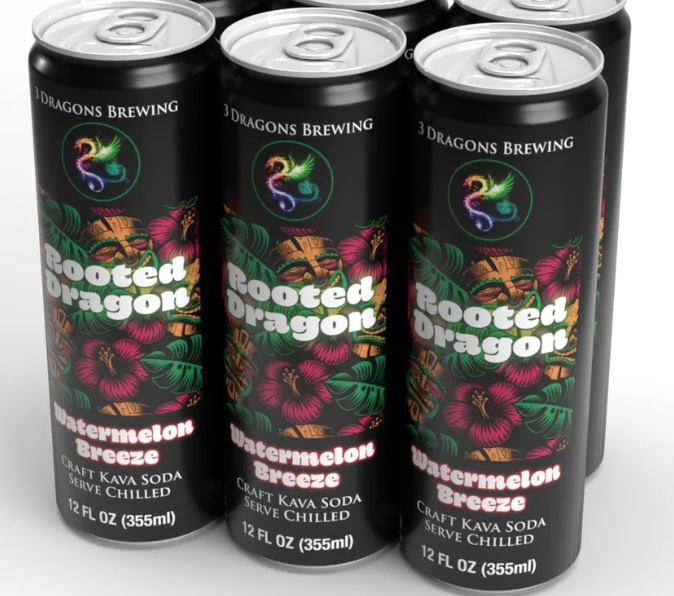
Healing Herbals
Rooted Dragon Kava Soda
Rooted Dragon Kava Soda
Couldn't load pickup availability
Rooted Dragon Kava Soda – Healing Herbals
Rooted Dragon Kava Soda is a refreshing, alcohol-free way to relax. Made with premium kava root, each can delivers smooth, calming effects without the bitterness of traditional kava or the jitters of caffeine. It’s perfect for winding down after work, chilling with friends, or just taking a mindful pause.
Available in two flavors:
Watermelon Breeze: Juicy, sweet, and effortlessly smooth — summer in a can.
Blackberry Lemonade: Tangy, bright, and balanced — ripe blackberries meet zesty lemonade for a bold twist.
Rooted Dragon Kava Soda is ready to enjoy straight from the fridge, smooth and refreshing, giving you a natural way to relax anytime. Non-alcoholic, caffeine-free, and crafted for maximum enjoyment, it’s your go-to kava soda for social vibes or solo chill sessions.
Share





Here at Healing Herbals Store
We carefully select suppliers who share our commitment to environmental stewardship and minimize waste through eco-conscious or reused packaging whenever possible. We prioritize supporting fair labor practices and are currently investing in regenerative farming methods, so every product reflects our dedication to both quality and the health of our planet. Shop now!




